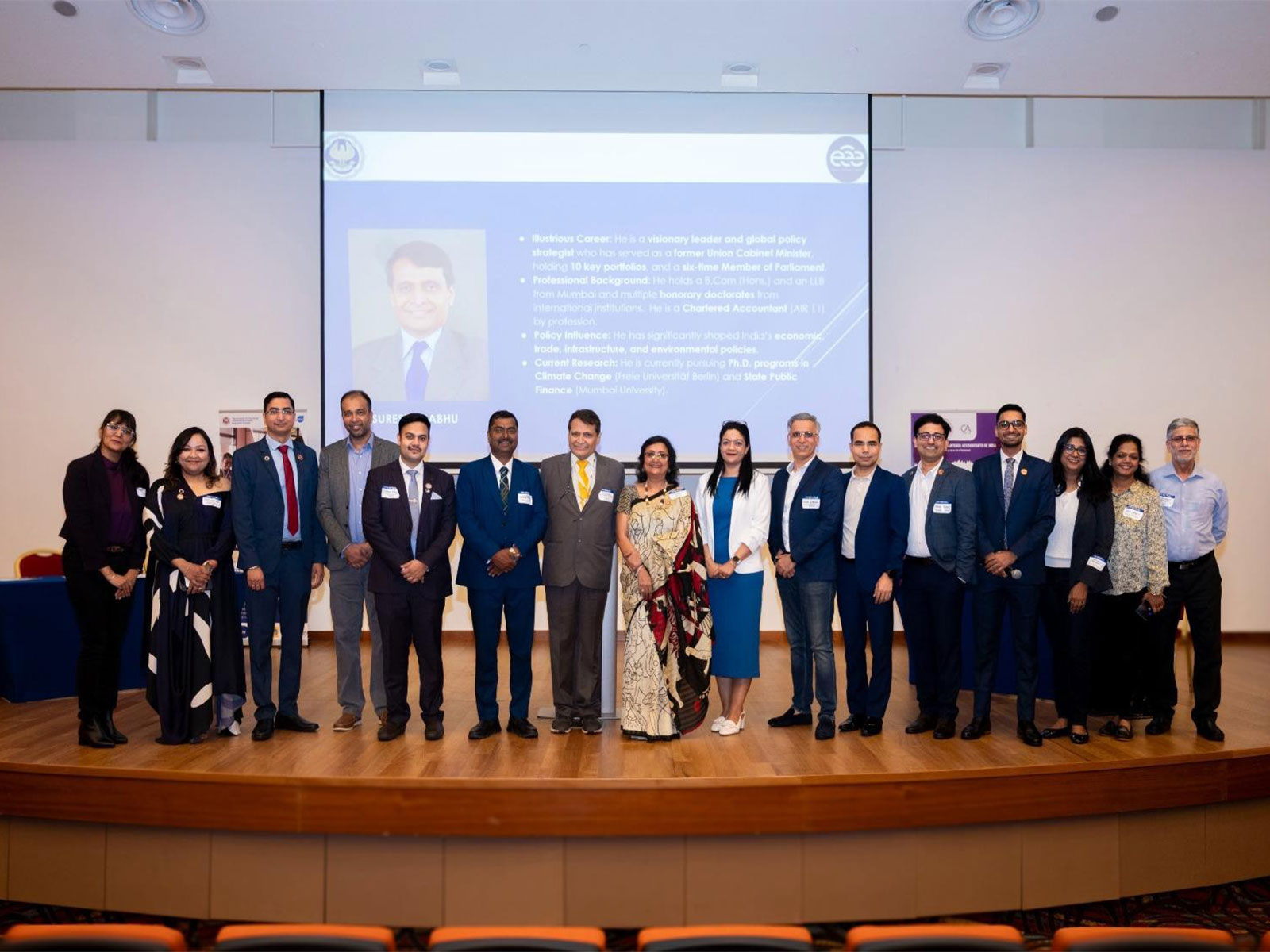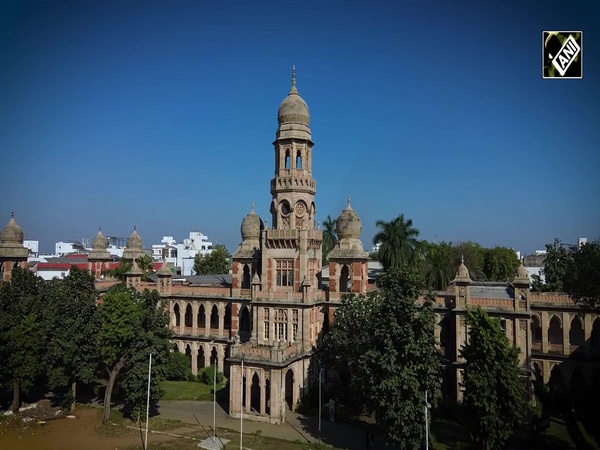US polls: Trump presidency will be negative for IT based immigration, Harris will largely be status quo: Report
Nov 05, 2024

New Delhi [India], November 5 : The outcome of the upcoming US Presidential election holds significant implications for employment-based immigration, particularly concerning H-1B visas, highlighted a report by the JM Financial.
The report noted that if Donald Trump were to regain power, his administration's previous restrictive policies could resurface, potentially leading to increased scrutiny and denial rates for H-1B and L-1 visas.
During his first term, initial denial rates for H-1B visas surged from 4 per cent to 17 per cent, while L-1 visa denials rose from 12 per cent to 28 per cent. This trend could re-emerge, impacting IT services firms that heavily rely on these visas.
The report said "In his first term, Trump, through his executive order E.O.13788 "Buy American and Hire American", increased restrictions on H-1B visas".
However, the landscape has changed since Trump's first term. Many IT services companies have significantly reduced their dependency on H-1B visas, with estimates suggesting that the ratio of visa-dependent employees has flipped from 65 per cent to below 50 per cent in recent years.
This shift insulates these firms from potential spikes in denial rates, as they have increasingly localized their workforce in the US.
Moreover, Trump's administration previously attempted to implement policies that would raise minimum wage requirements for H-1B visa holders, pricing some employers out of the market.
Although these measures were blocked in court, they could serve as precursors to future restrictive policies if Trump returns to office. Current analyses indicate that H-1B wages are already 25-35 per cent above prevailing wages, making claims of wage suppression difficult to substantiate.
The report outlined that "we believe Trump's Presidency, while headline negative, will have limited impact on India IT Services players. Harris Presidency, on the other hand, will largely be status quo, in our view".
The evolving legislative landscape, including bipartisan bills aimed at reforming the immigration process, could also play a role in shaping the future of high-skilled immigration in the US.

















